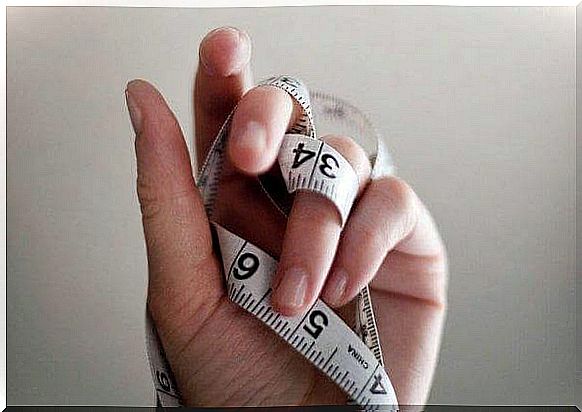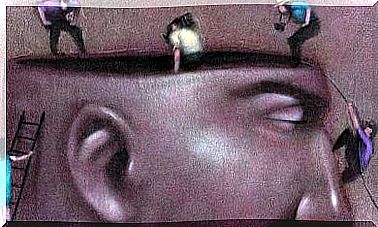What Factors Can Contribute To The Development Of Eating Disorders?

We are aware that many people have eating disorders. We hear this most often affects girls, but it also affects boys. It is also known that eating disorders create numerous health problems for all those who suffer from them.
Eating disorder has many repercussions on a psychological as well as a social level. The relationships of people with eating disorders weaken and emotional discomfort begins to gain a foothold. An eating disorder can endanger the life of a patient suffering from it, so it is vital to understand what factors or variables influence the development of the disorder so that we can help those close to us. Let us remember that it is easier to prevent than to cure!
Relationship between body image and eating disorder
In terms of body image and eating disorders, we need to consider two concepts: dissatisfaction and distortion. Underestimating and overestimating our body – seeing it in a distorted way – can cause the perception of unreal weight.
This causes dissatisfaction with our body image, triggering various negative emotions that we try to regulate with food. In this way, we end up in a vicious circle where we are constantly on a diet to reach unrealistic beauty standards – or even more.

Worrying about your own body weight is common, especially among young people. As with everything else, when it becomes unreasonable and intense, then the person begins to use desperate methods to drop the weight.
The next risk factor has to do with body mass index. Studies have shown that achieving adolescence with a high body mass index (BMI), which indicates (albeit incompletely) a person is overweight, can lead to the onset of an eating disorder.
The role of society in eating disorders
Of course, we must not forget that dissatisfaction and distortions towards body image have increased by society, and in some cases they have also been created by it. Leanness is advertised as a desirable feature. In addition, it is associated with positive values such as youth, prestige, good self-esteem and elegance. In short, it is sold as a state of acceptability.
At the same time, high weight (even a small “extra weight”) is associated with negative values such as disorder, lack of willpower, dirt, etc. This makes people start all sorts of “miracle diets” and they try to drop the weight in a short time. However, this can get out of hand and end up with eating restrictions that go too far.

This has the greatest impact on young women. But why is this the case? Well, the need to be skinny is culturally pressured in these groups. In order to achieve the values associated with leanness, they need to lose weight.
But a person’s closest friends also have a part to play. Living in a family where physical appearance and diets are too important is the next risk factor. This same thing can happen if our friends have an eating disorder; they can be contagious.
In short, there are numerous factors that play a role in eating disorders. Taking them into account helps us instill in young people values of self-esteem and personal fulfillment that transcend body image and weight… Do your part to make a difference!
Photos by Jairo Alzante, Jennifer Burk and Dominik Martin.









